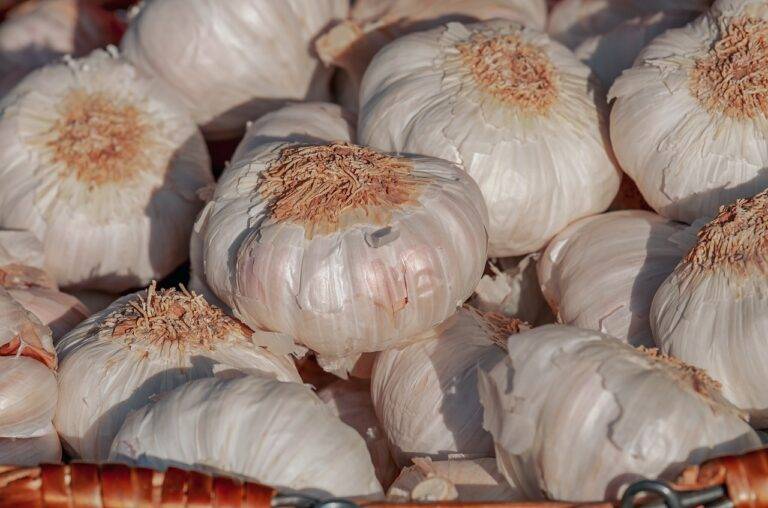The Role of Food in Literature: Examining Food Symbolism in Books
Food plays a crucial role in numerous literary works, often serving as more than just sustenance for the characters. Authors use food to convey emotions, themes, and social status within a narrative. The choice of food, the act of sharing a meal, or the absence of food can all hold deep symbolic meaning in literature.
Through the portrayal of food, authors can highlight cultural traditions, showcase societal values, or emphasize the passage of time. When characters engage with food in a story, it can reveal their personality traits, relationships with others, or even their inner struggles and desires. Food in literary works is a versatile tool that adds layers of complexity and meaning to the narrative, making it a powerful element in shaping the overall story.
Exploring the Cultural Context of Food Symbolism in Literature
Food symbolism in literature often serves as a reflection of the cultural and societal norms prevalent during the time the work was written. In many instances, specific foods or dining habits can represent social status, economic disparities, or even spiritual beliefs within a particular cultural context. The presence of certain foods such as bread, wine, or exotic fruits in literary works can carry deeper meanings beyond their literal consumption, adding layers of symbolism and complexity to the narrative.
Furthermore, food serves as a powerful metaphor in literature to convey themes such as nourishment, temptation, gluttony, or even salvation. The act of sharing a meal or preparing food together can symbolize unity, bonding, or reconciliation between characters, highlighting the significance of communal dining rituals within different cultural frameworks. By examining the cultural context of food symbolism in literature, one can gain insights into the values, traditions, and belief systems of various societies, enriching the reader’s understanding of the text.
Why is food symbolism important in literature?
Food symbolism in literature helps to convey deeper meanings, emotions, and cultural significance within a text. It can add layers of complexity to characters, settings, and themes.
How does food play a role in the cultural context of literature?
Food can serve as a reflection of cultural traditions, social class, historical events, and individual identities within a literary work. It can provide insight into the values and beliefs of a particular society or time period.
Can food symbolism vary across different cultures and literary works?
Yes, food symbolism is highly subjective and can vary significantly across different cultures and literary works. What may be considered a symbol of wealth or abundance in one culture may represent something entirely different in another.
How can readers interpret food symbolism in literature?
Readers can interpret food symbolism in literature by paying attention to the context in which it is presented, the cultural background of the author, and the overall themes of the work. It is important to consider how food is described, consumed, and shared by characters in the text.





